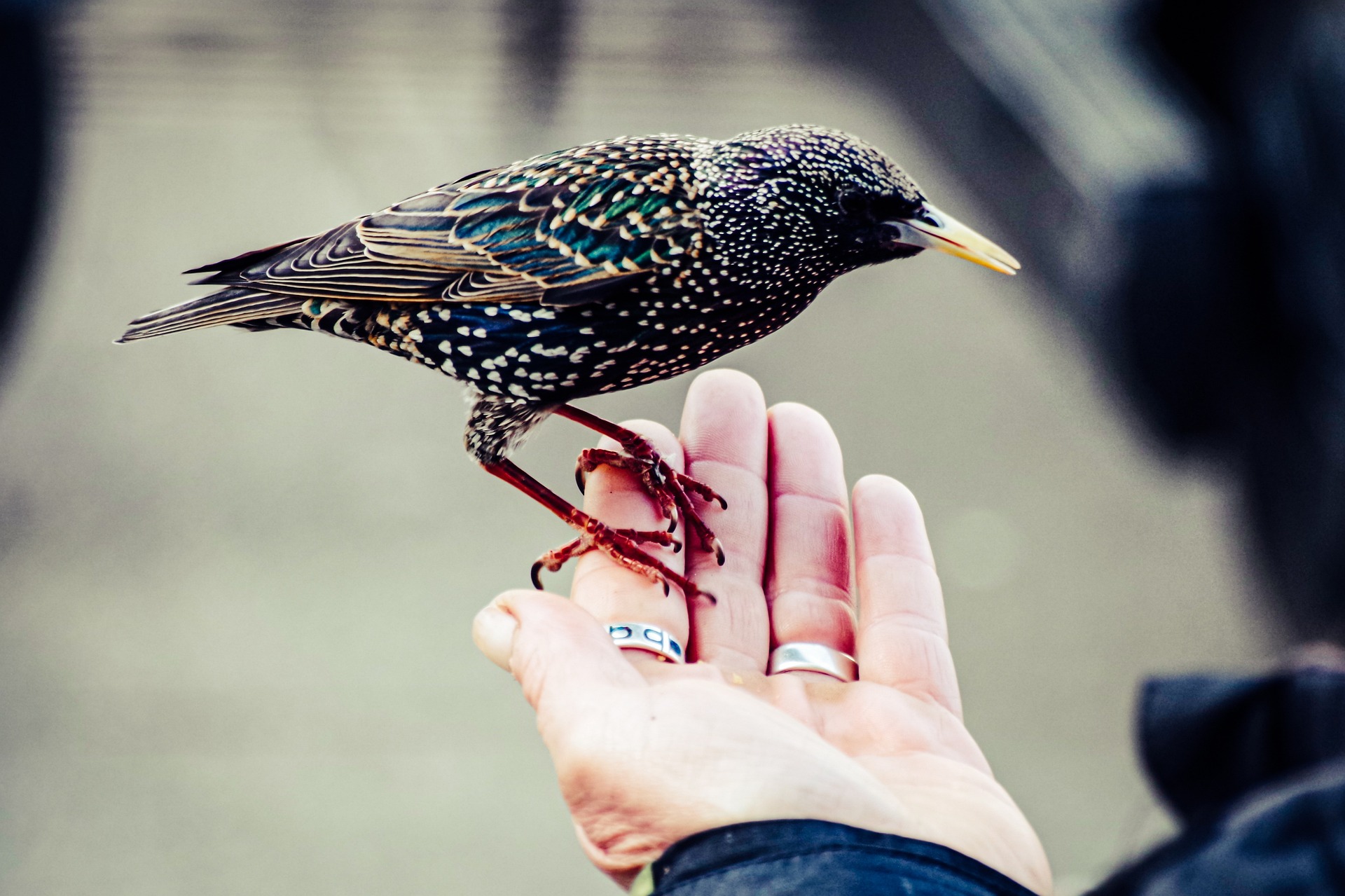Have you ever wondered if the birds at your bird feeders remember you? Do birds remember us? The research is clear and documented: birds do recognize human faces and voices. They can even differentiate between us. Here’s what we know.
Birds Remember Your Face
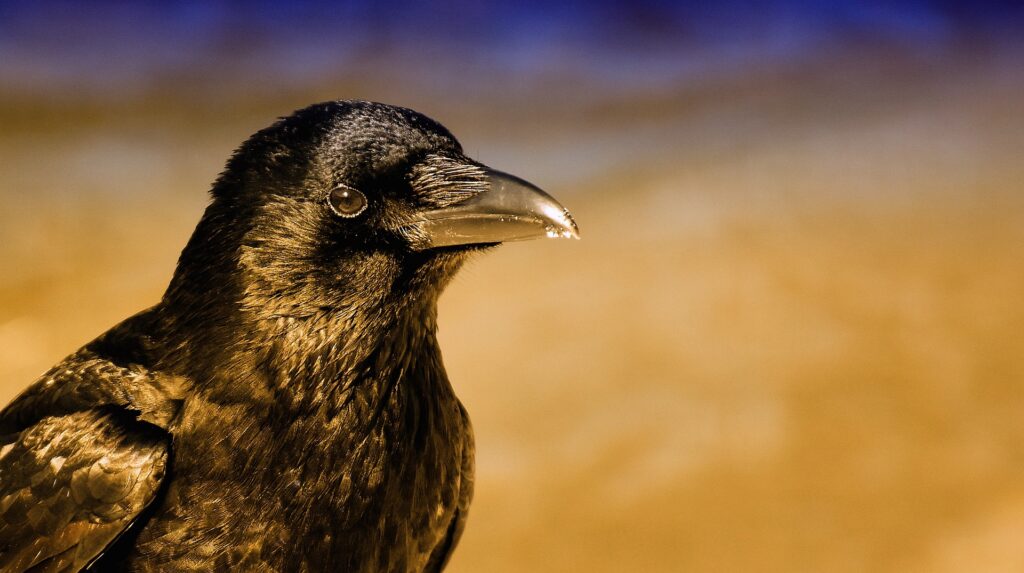
Although many wild birds have been documented, both scientifically and anecdotally, to recognize humans, certain birds are more known for it. Crows, magpies, pigeons, robins, mockingbirds, and jackdaws have some of the most well-documented cases of facial recognition.
Remarkably, crows (known as some of the most intelligent birds) not only remember people’s faces, but respond to facial expressions. Pigeons know who you are even after you change clothes, and are more likely to get out of your way if you’ve shooed them in the past. And magpies remember faces for years—and the actions that go with those faces. For instance, people who’ve ventured too close to a magpie nesting site in the past might get swooped the next time the bird sees them. On the flip side, people that leave them food and water have made a magpie friend for life.
Birds Remember Your Kindness
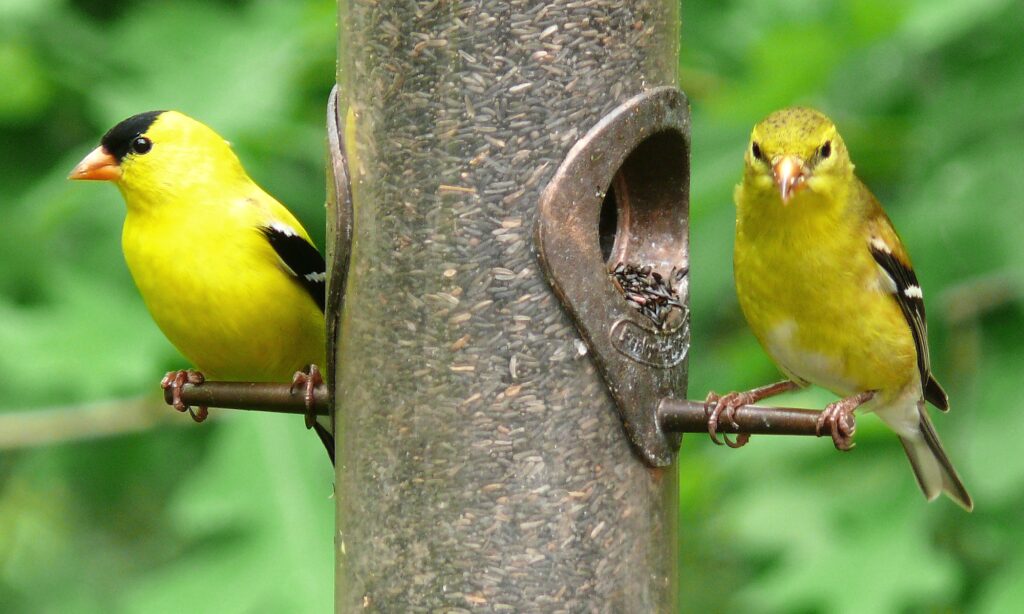
From hanging bird feeders to planting native berry bushes to setting up bird houses and nest boxes, acts of kindness are not forgotten by birds. In fact, they will often frequent places where they know they’re welcome. And some wild birds, including the friendly American Robin, pay close attention to your schedule of filling up feeders and refreshing your birdbath. In fact, many people who feed their backyard birds report that they have an uncanny knack for knowing when the feeder has just been filled. That’s because birds don’t forget a reliable food or water source. It’s also because of their excellent senses: wild birds listen for water trickling, and search with their impressive eyesight for the smallest of seeds (and for birds gathering and feeding). So the next time you think your small act of filling a bird feeder has gone unnoticed, think again!
Want to create a backyard bird sanctuary that feathered friends will want to return to again and again? Here’s how.
Birds Remember—and Dislike—Eye Contact
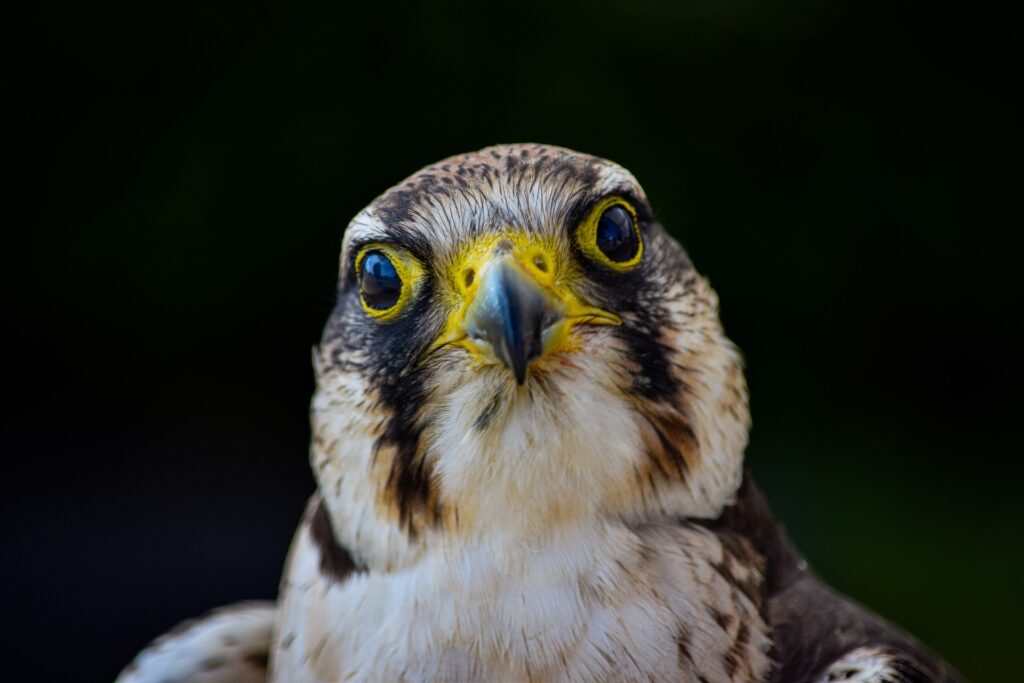
We’re often told to look people in the eye—whether it’s on a date, in a job interview, or meeting a new friend. But in the wild bird world, direct eye contact signals danger. That’s because it mimics the gaze that a predator has on its prey. So when humans look directly at a bird, or even in their direction, birds take note. One UK study by the University of Bristol found that starlings kept away from their food dish if a human was gazing in its direction, only to feed as soon as the human looked elsewhere.
Crows, too, are very responsive to human eye contact. Research shows that when humans gaze directly at crows, they fly away with greater urgency than when humans approach them without a glance. Most birds don’t care for direct eye contact from humans, so if you’re looking to forge a bird bond, best avert your gaze.
Bird and Human Friendships
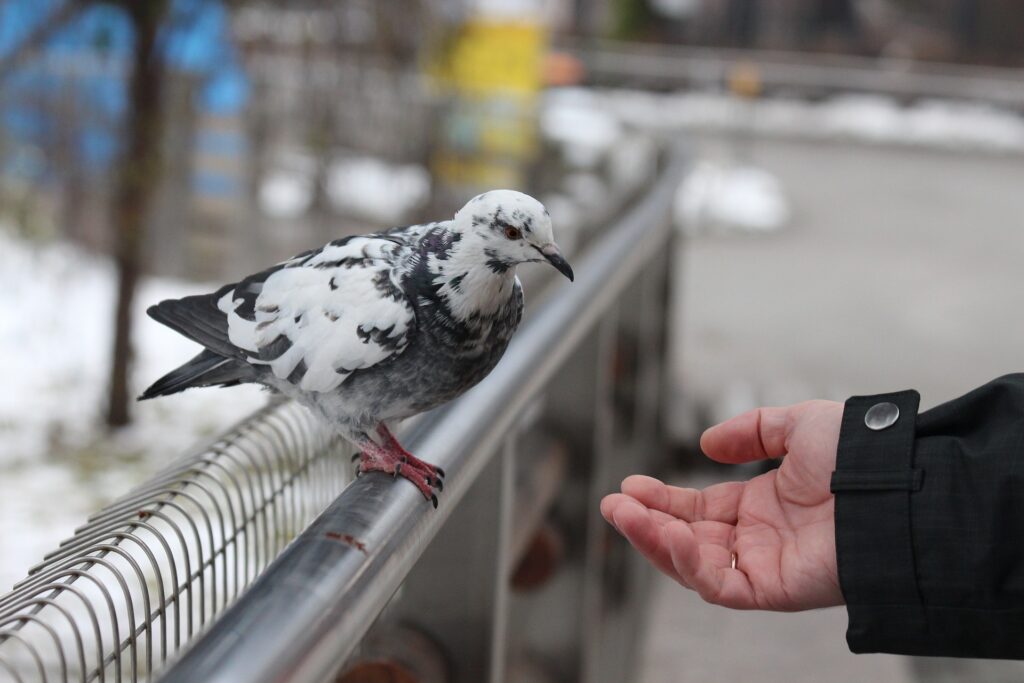
We know that birds have brains and they also have emotions. So, is it possible that they can also be friends with us humans? While there are many instances of pet birds sharing a bond with their human “parents,” what about wild birds?
There are many stories of people who seemed to have befriended wild birds, often after rescuing the bird from danger.
Check out the story of Jack and Kyle the goose:
See how this woman made fast friends with a wild magpie:
Watch this woman’s special bond with a Blue Jay:
While these extraordinary stories of bird/human friendship are plentiful, there are also many everyday examples of the bird-human bond. This includes everything from feeding birds letting us get closer to them in our yards to being able to hand-feed them. (The National Audubon Society has an informative article on when, and when not to, hand feed birds.) How do you make your own bird friends?
How to Make Friends with Wild Birds
First, like any friendship, the bird/human bond must be forged on trust and respect. This includes maintaining proper boundaries with our avian friends. We must be careful to avoid interfering with their nests or trying to keep wild birds as pets. We should also know how to handle injured and baby birds responsibly when seeking proper care for them. And practices like providing birds with healthy bird food, and clean bird feeders and birdbaths in order to prevent disease, are also top of the list.
How do you approach a new bird friendship? Here are some expert tips:
- Speak to them gently. This will get them to become familiar with the sound of your voice. Use a soft, lilting tone.
- Keep a relaxed posture. Avoid fast, explosive hand gestures and movements (waving arms, etc.).
- Keep pets inside or out of the area (and consider making your cats indoor cats).
- Stand back—about 10 to 12 feet—from your feeders as the birds feed. This will gradually get them used to your presence.
- Remember: trust takes time. If you follow these basic behaviors, your backyard birds will eventually reward you by letting you get closer to them, and possibly even eating out of your hand.
Be a Bird Friend This Spring
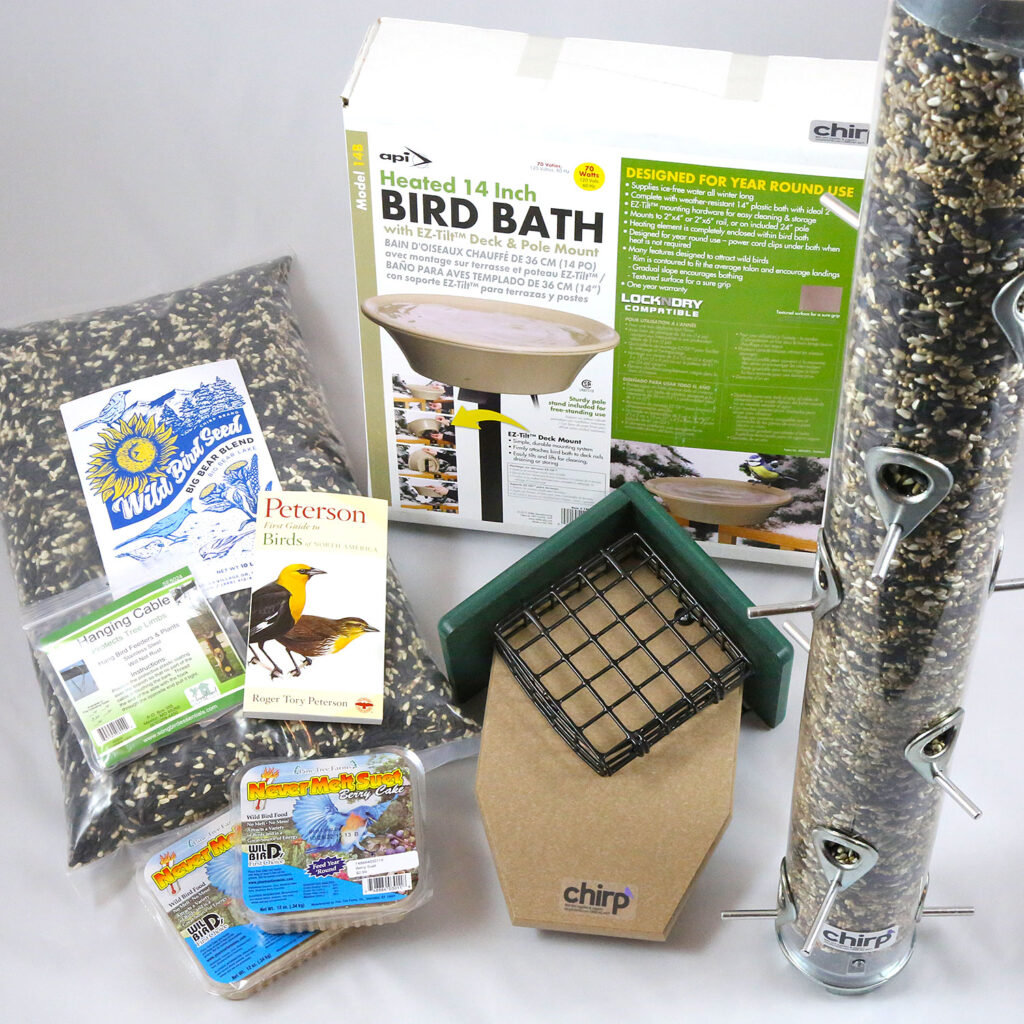
Our bird friends need our help. There are many ways to support the bird population, and Chirp is one of them! At the Chirp Nature Center, you’ll find locally sourced, premium bird food and supplies to keep our Big Bear Valley birds happy and healthy for this and every season. Plus, we donate a portion of every sale to organizations dedicated to conserving and learning more about wild birds. Browse our online store, or visit our store at Big Bear Lake.

